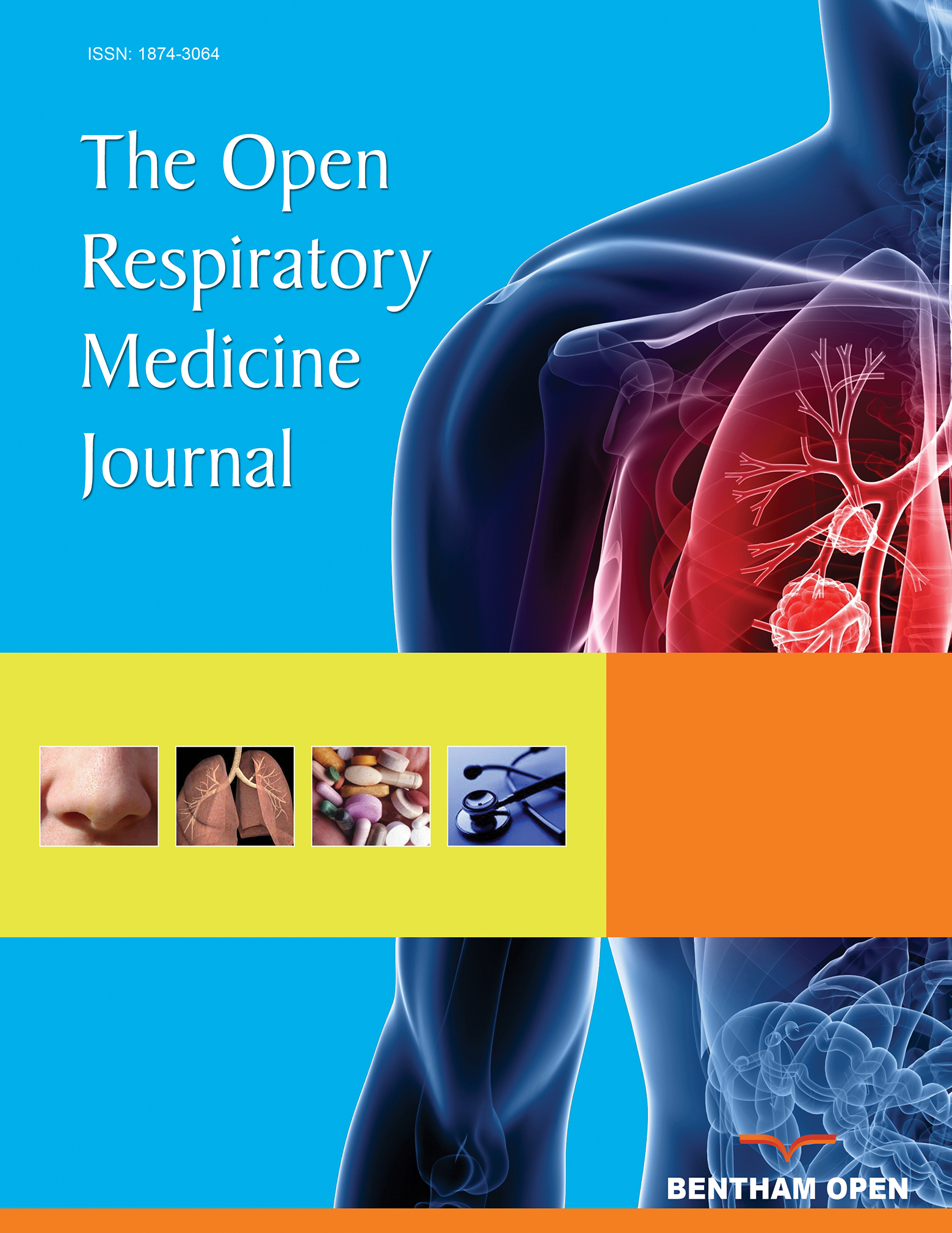All published articles of this journal are available on ScienceDirect.
Real-life Effectiveness of Omalizumab in Patients with Severe Allergic Asthma: RELIEF Study
Abstract
Introduction:
Patients with severe allergic asthma (SAA) are at risk of severe exacerbations. Omalizumab is recommended as an add-on treatment for patients with uncontrolled SAA, despite high-dose inhaled corticosteroids and long acting β2-agonist combination therapy (standard therapy).
RELIEF was a prospective, open label, multicenter study conducted to assess the real-life effectiveness of omalizumab co-administered with standard therapy in patients with SAA for 24 months.
Methods:
A total of 347 patients aged ≥ 6 years with SAA were enrolled, 285 of whom (8 pediatrics and 277 adolescents and adults) completed this 24-month study. Compared with the 12 months prior to baseline, the mean number of exacerbations was reduced in the overall population at any time interval during the study. Proportion of patients with no exacerbations increased to 77.7% at 24 months from 32.6% at 12 months prior to baseline. A reduction in healthcare resource utilization was also observed. The mean number of specialist visits reduced from baseline (5.8 visits) to 2.4 visits at Month 24.
Results:
The mean asthma control test score was >19 at every time-point during the study. The rate of Global Evaluation of Treatment Effectiveness (GETE) for asthma response significantly increased at Months 18 and 24 (P <0.05) compared to baseline. Pulmonary function remained relatively stable for the overall study population. There were no new or unexpected safety findings in the study.
Conclusion:
RELIEF study showed that add-on therapy with omalizumab is effective in reducing exacerbations, healthcare utilization, and improving GETE score in patients with SAA uncontrolled by standard therapy.


